10 Essential Tips for Training for Your First Trek

Training for your first trek doesn’t have to be overwhelming. It’s all about preparing your body, building endurance, and knowing what to expect on the trail. With the right approach, you can boost your confidence and enjoy the experience. Let’s break it down into manageable steps to help you get ready for the trails ahead!
Building Endurance Through Cardio Workouts
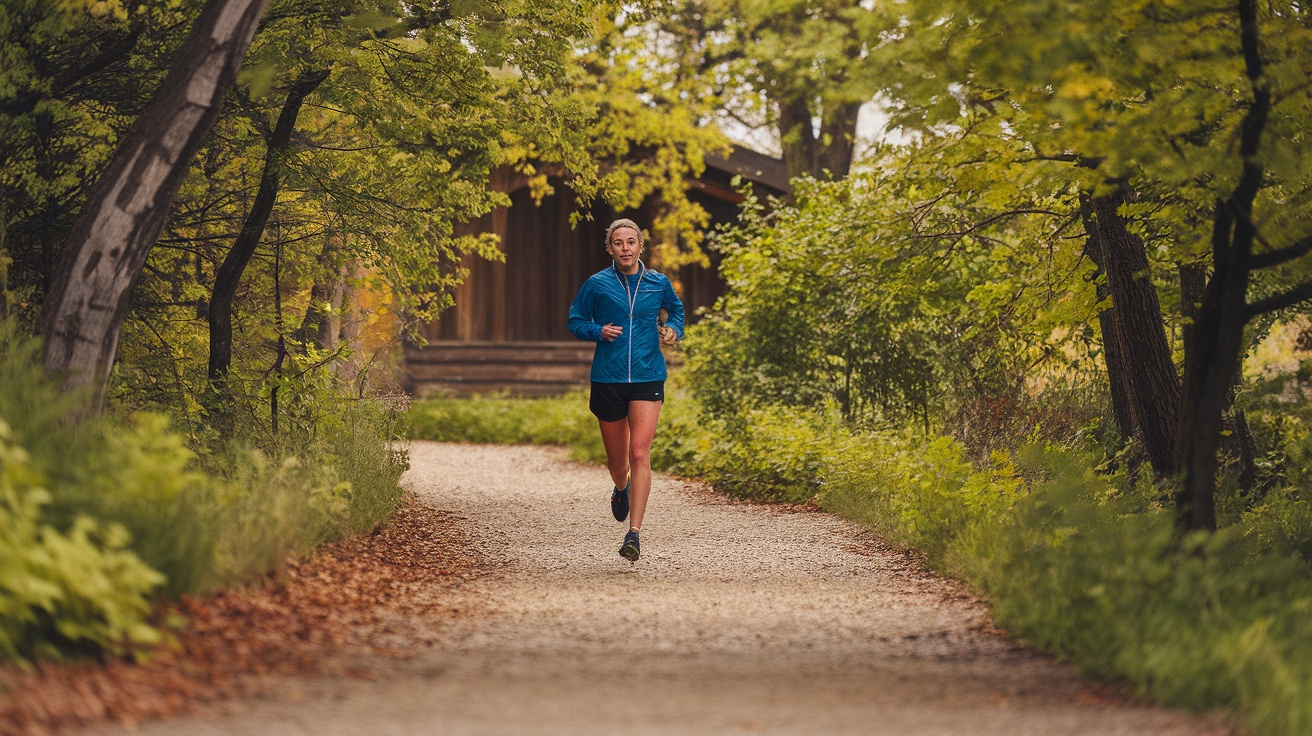
Running is a simple and effective way to build endurance for your first trek. Start with short distances and gradually increase your mileage each week. Mixing in some interval training can also boost your stamina and make your workouts more fun.
Incorporating Hill Workouts for Strength

Hill workouts are a great way to build strength for your trek. They help to improve your stamina and make those uphill climbs feel easier. Just find a local hill or even a staircase, and start adding them to your routine!
Essential Gear for Trekking Training
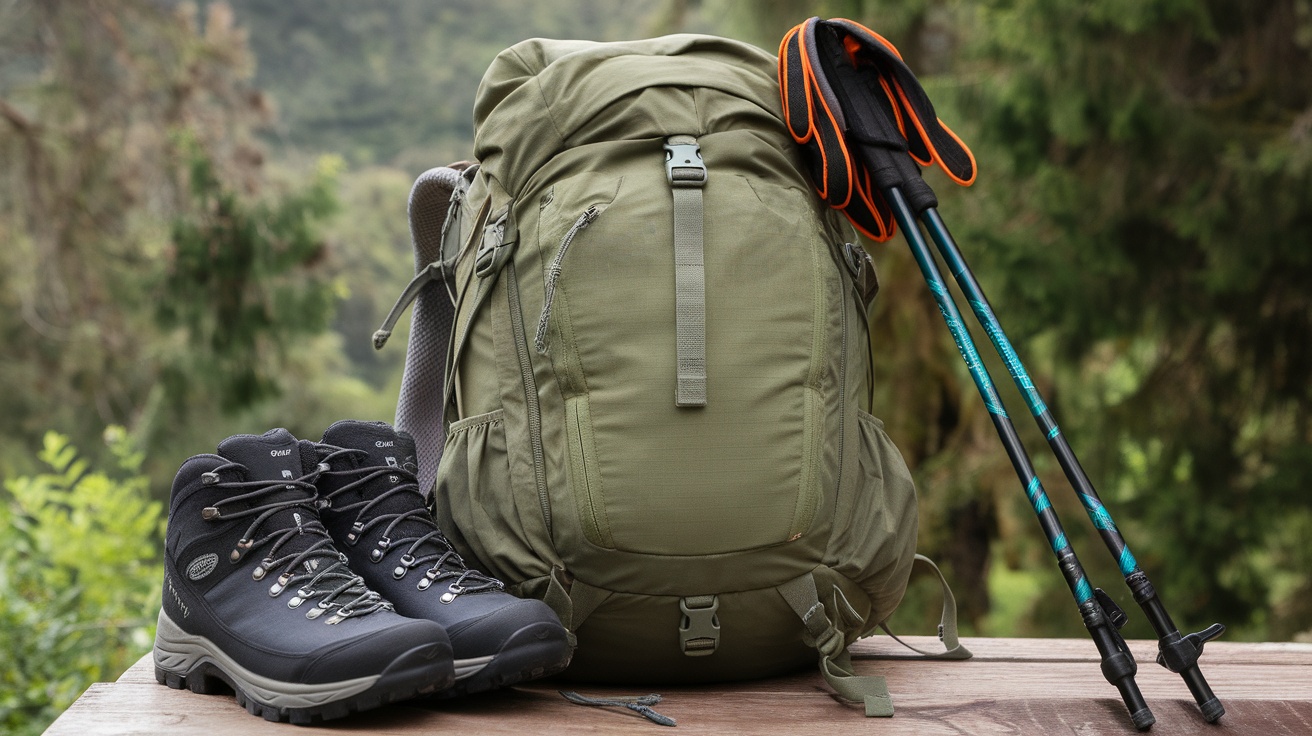
When training for your first trek, having the right gear makes a big difference. Invest in a sturdy pair of hiking boots, a comfortable backpack, and trekking poles to help with balance. These essentials will set you up for success on both your training hikes and the big day.
Practicing with a Weighted Backpack
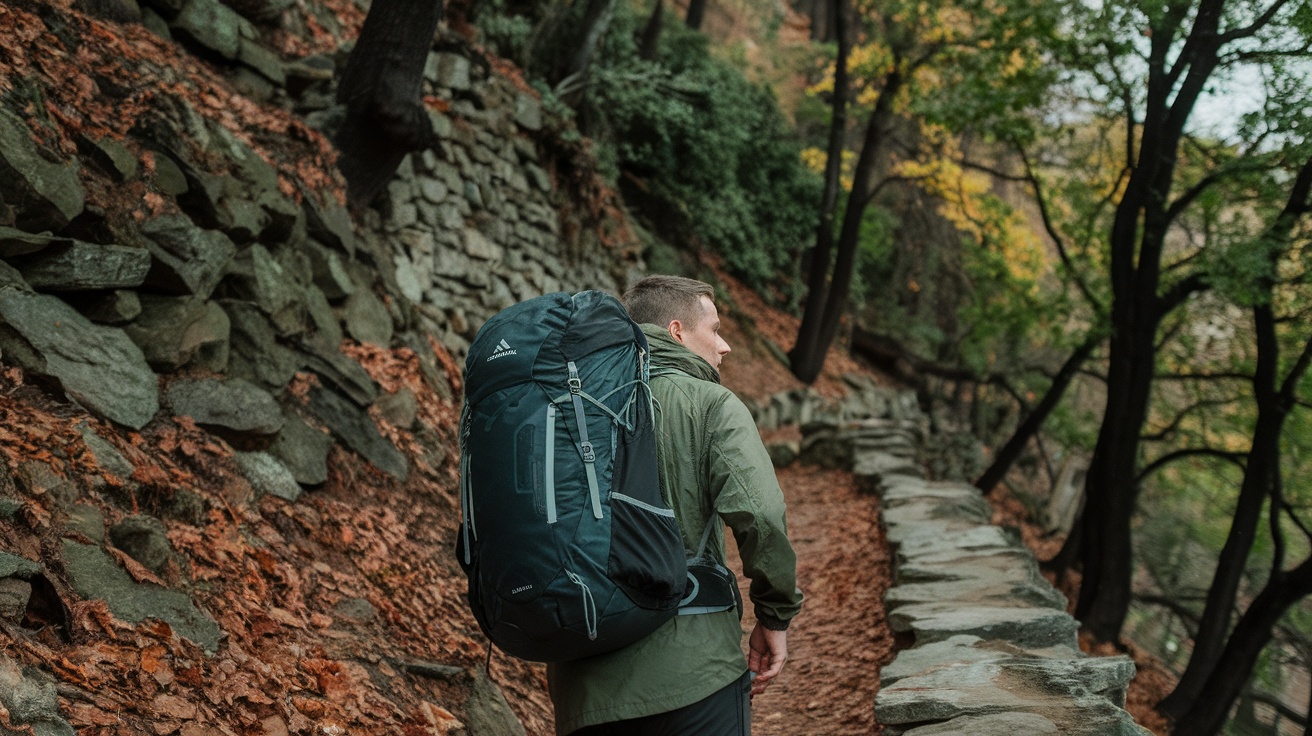
Getting used to a weighted backpack is key for your first trek. Start by adding some weight to your pack and taking short hikes around your neighborhood. Gradually increase the weight and distance; you’ll build strength and confidence in no time!
Nutrition Tips to Fuel Your Trekking Journey
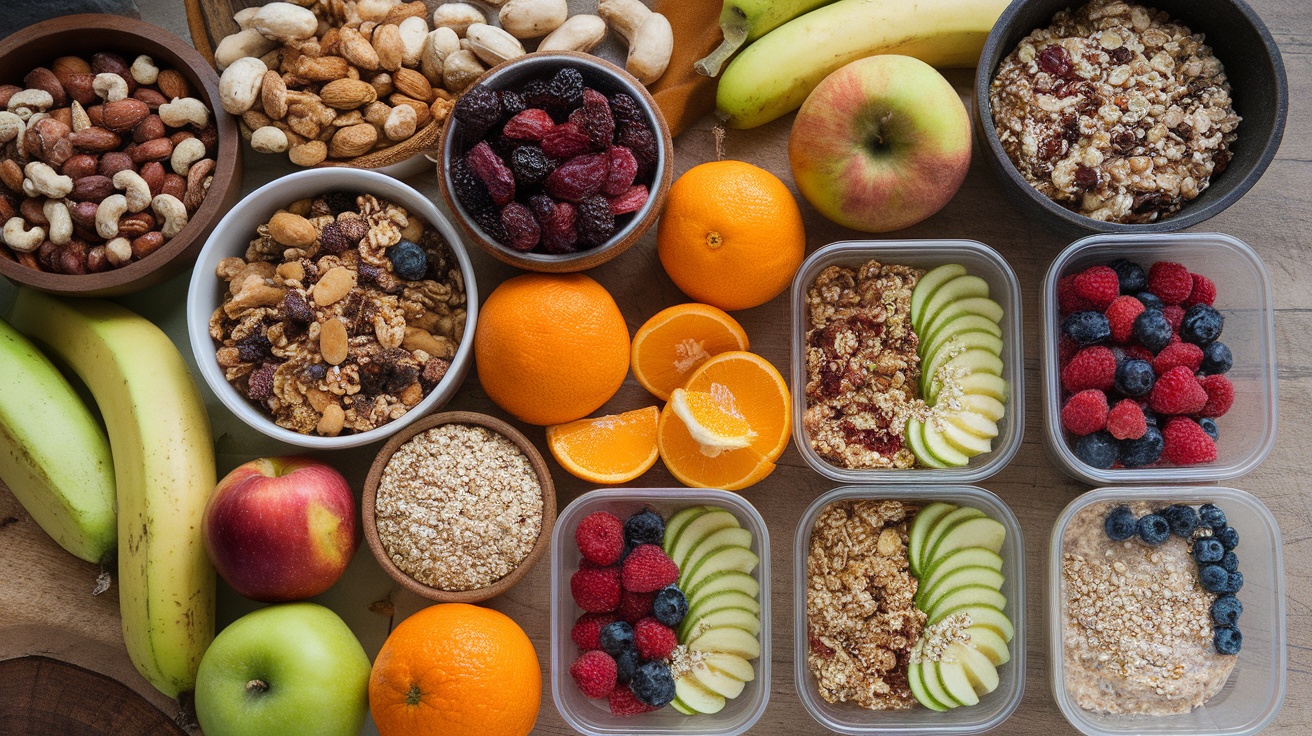
Choosing the right snacks can make a big difference on your trek. Go for options like mixed nuts, dried fruits, and whole grains, as they provide energy and are easy to pack. Don’t forget to stay hydrated; water is your best friend on the trail!
Strength Training for Trekking Muscles
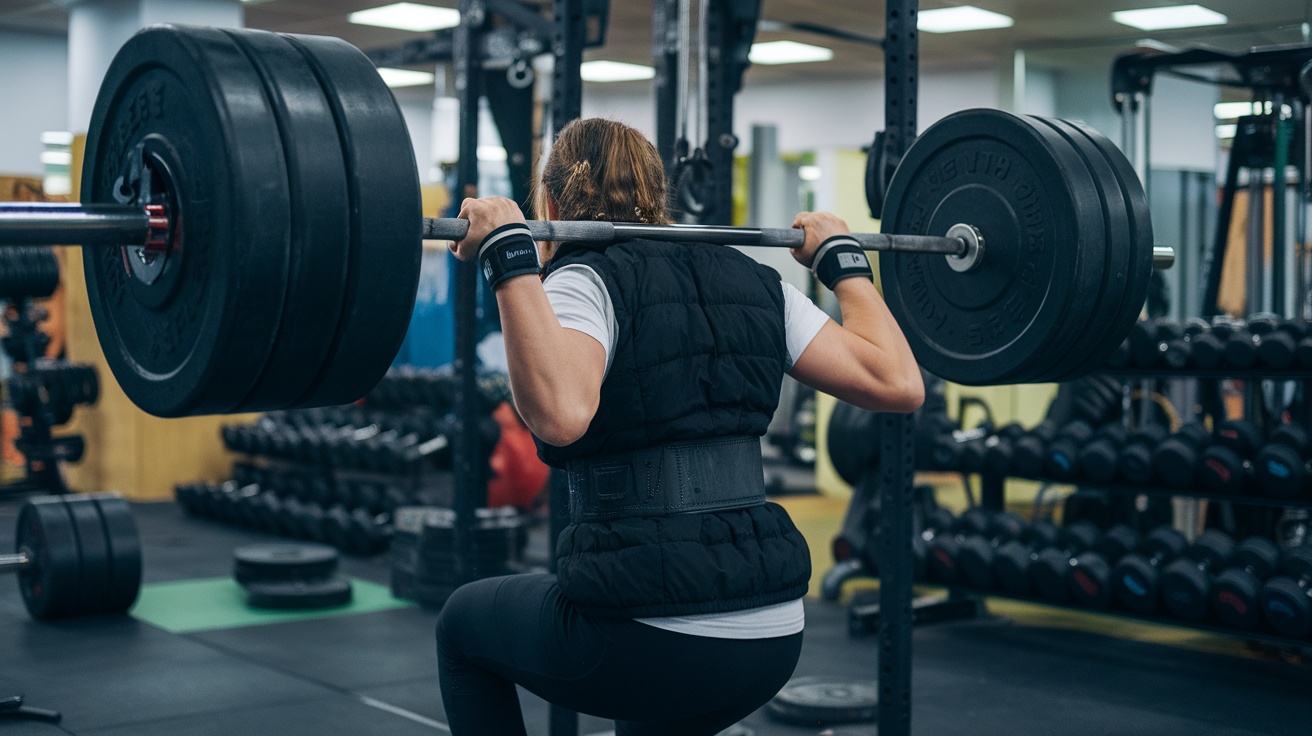
To tackle your first trek, it’s key to build strength in the right muscles. Focus on exercises like squats and lunges to strengthen your legs and core. Don’t forget to include some upper body workouts to help with your pack!
Stretching Routines for Flexibility Before and After Trekking
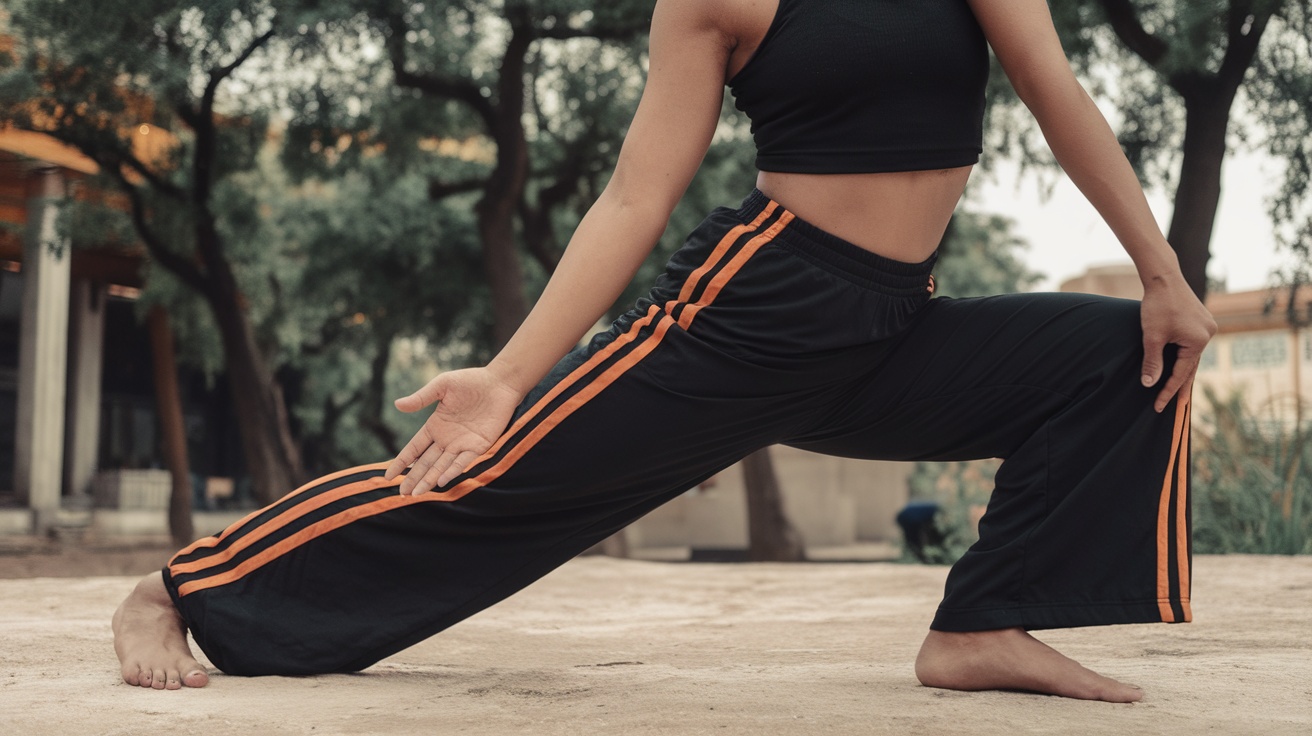
Stretching is key to keeping your body happy on the trail. Focus on routines that enhance flexibility, especially for your legs and back. Simple stretches like lunges and toe touches can ease tightness and prepare you for your trek, making recovery a breeze afterward.
Setting Realistic Goals for Your Trek Training

When training for your first trek, it’s key to set achievable goals. Start with small milestones, like walking for 30 minutes a day or tackling local trails. This way, you build confidence and stamina without feeling overwhelmed.
Joining Group Hikes for Community Support
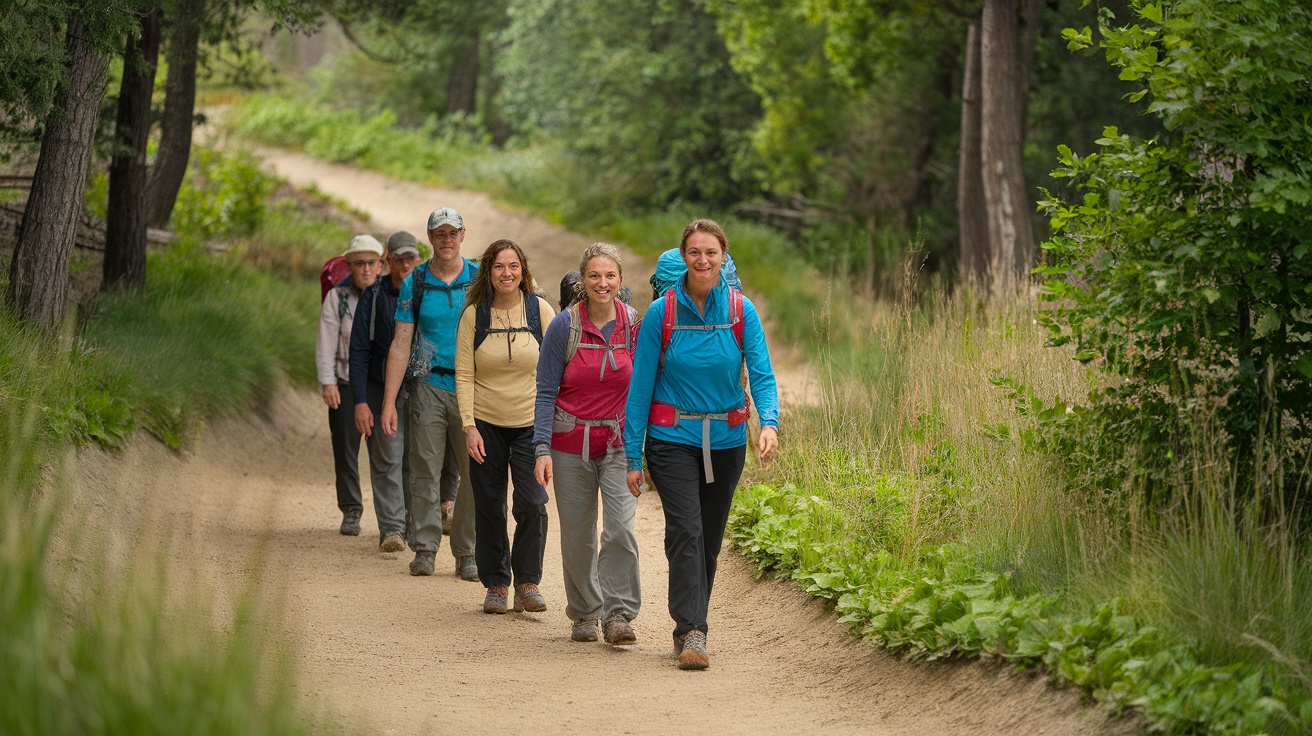
Joining group hikes is a fantastic way to meet new people who share your interests. You’ll find a supportive community that encourages each other to reach their goals. Plus, it’s a lot more fun to hike with others!
Understanding the Importance of Rest and Recovery
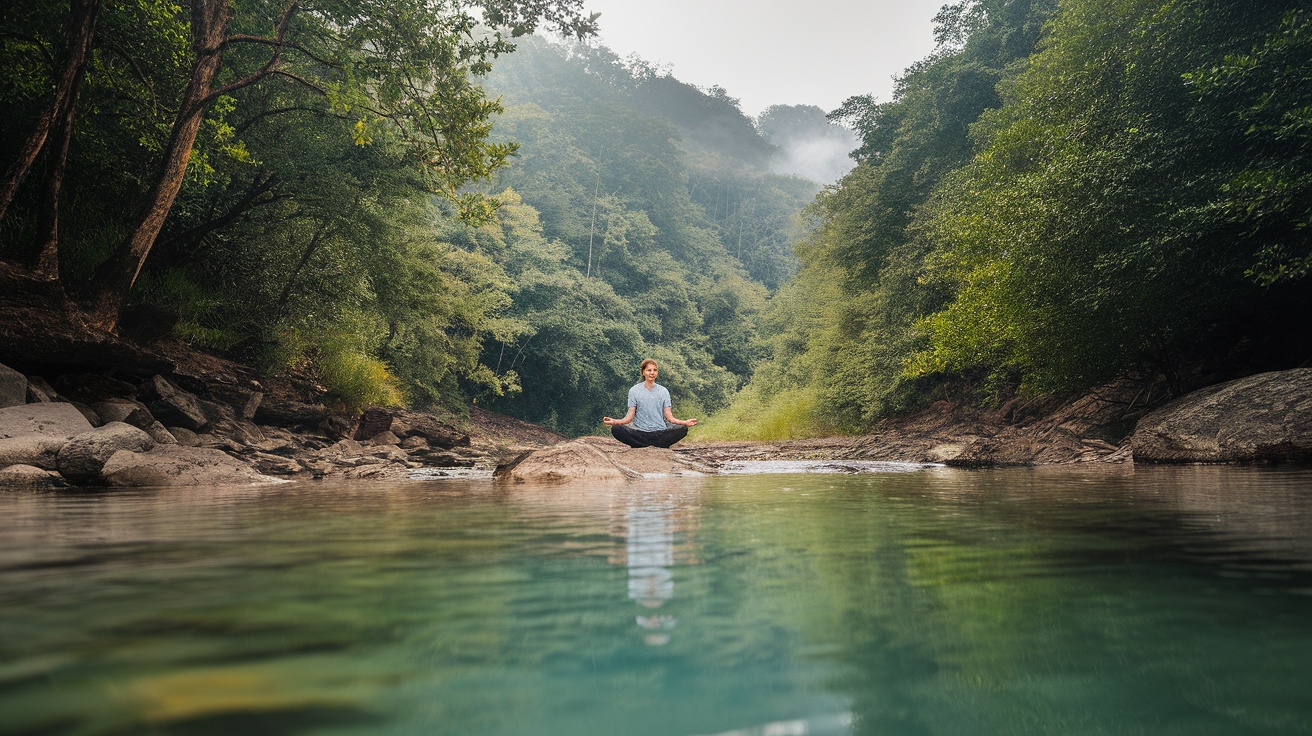
Rest and recovery are key to training for your first trek. Giving your body time to heal helps prevent injuries and keeps your energy levels high. So, don’t skip those rest days; they are just as important as your workouts!






